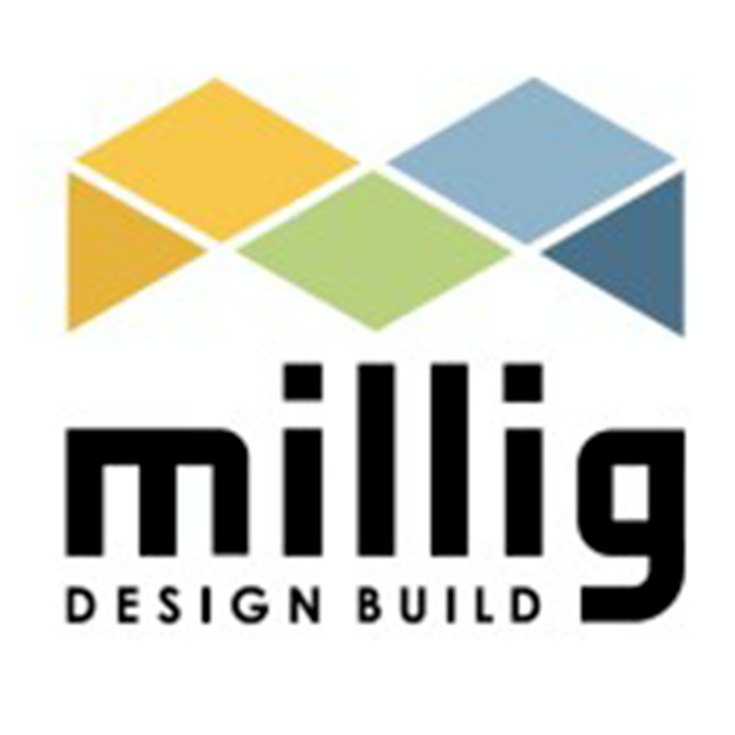
By Matthew O’Keefe
Building Commissioning:
Ensuring Quality and Performance
In today's construction and building management landscape, ensuring optimal performance and efficiency is paramount. Unfortunately, many buildings fall short of their intended potential, leading to issues like poor temperature control, inadequate air quality, and excessive noise.
This article examines building commissioning as a systematic process for quality control, highlighting its benefits throughout a building's lifecycle and the cost of neglecting it. By prioritizing commissioning, we can achieve buildings that are not only functional and safe but also energy-efficient and cost-effective.
The Problem: Why Buildings Underperform
Many buildings fail to meet expectations, resulting in various issues that often stem from underlying problems in design and execution.
Poor project oversight and scope gaps: Inadequate coordination and clearly defined scopes of work among different contractors and teams; ineffective communication between trades
Design flaws and installation errors: Mistakes or oversights in the design phase, coupled with improper installation of building systems
Budget and time constraints: Failure to conduct thorough reviews of designs, submittals, and installations, as well as insufficient performance testing
The Solution: Building Commissioning
Building commissioning offers a systematic approach to quality control, preventing many common building performance issues. It involves:
Systematic Verification: Carefully checking all building systems to ensure they are installed correctly and functioning as designed.
Performance Testing: Conducting thorough tests to verify that the building systems meet the specified performance criteria
Quality Control Checks: Implementing rigorous quality control measures throughout the project to prevent errors and ensure adherence to standards
Benefits of Commissioning
The advantages of building commissioning are numerous, leading to both immediate and long-term improvements.
Enhanced Building Performance and Occupant Comfort: Buildings that function optimally, with consistent temperature control, proper ventilation, and minimal noise, leading to greater satisfaction for occupants.
Significant Reduction in Energy Consumption and Costs: Optimized systems that use energy efficiently, resulting in lower utility bills and operational expenses.
Improved System Reliability and Extended Lifespan: Properly commissioned and maintained systems that operate reliably and have a longer service life.
Proactive Issue Resolution and Preventative Maintenance: Identifying and addressing potential problems early on, reducing the need for costly repairs and downtime.
Enhanced Safety and Indoor Environmental Quality: Ensuring that systems, like ventilation and air quality, are working correctly, creating a healthier and safer environment.
The Cost of Neglect
Failing to invest in commissioning can result in significant costs and operational problems down the line. Failing to invest in commissioning leads to:
Increased Operational Costs: Leading to higher utility bills, increased maintenance expenses, and potential regulatory fines.
Compromised Building Performance: Resulting in downtime, decreased productivity, and reduced tenant satisfaction.
Financial Penalties and Legal Issues: Due to non-compliance with regulations and standards.
Long-Term Financial Strain: Neglecting commissioning can lead to much larger expenses later on, compared to the initial cost of doing it right.
Vision for the Future
Through effective commissioning, we can create buildings that are better for occupants, the environment, and the bottom line
In conclusion, Effective building commissioning can shape a future where buildings are optimized for occupants, the environment, and financial performance. This includes creating safe and healthy environments that are clean, functional, and promote well-being, ensuring reliable building systems through proactive maintenance, achieving energy efficiency to reduce costs and environmental impact, and developing sustainable and forward-thinking buildings that are designed and managed for long-term adaptability. Embracing robust and ongoing commissioning is essential for creating buildings that meet today's needs and are well-prepared for the future.
About Matthew O’Keefe
Matthew O'Keefe is a commissioning agent with Millig Design Build. His duties include verification of both proper installation and performance for various building systems to maximize efficiency and comfort. Matt has 13 years of engineering experience, 8 of which are in the field of building science and efficiency. With a deep background of mechanical systems, controls, troubleshooting, and effective communication, Matt takes pride in improving every site he works on and supporting everyone he works with.
OUR SOLUTIONS
Heating, ventilation, and air conditioning
Smart meters and building controls
On-site solar and other renewable energy systems
LED lighting retrofits
Building envelope improvements
Water systems
CHP-Cogeneration
And more
CONTACT US


